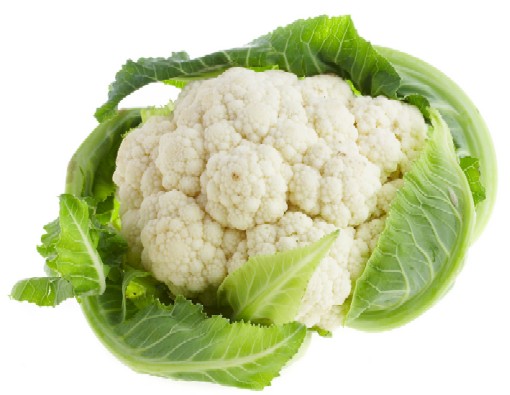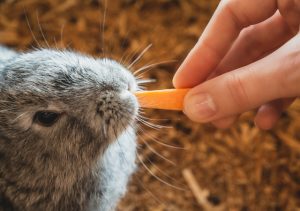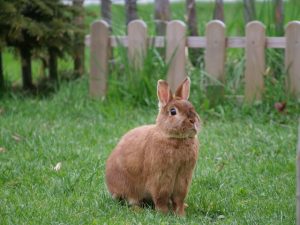
In choosing the food for your pet, owners need to keep in mind that pellets need to be high in fiber, at least 18%. As a word of caution, don’t purchase stocks of more than six weeks (equal one and a half weeks) as it will spoil. As your pet ages, pellets will make up less of the animal’s diet. For younger rabbits, alfalfa pellets are ideal but older rabbits prefer timothy pellets.
Hay is essential to a rabbit’s good health and should always be available at all times. Another added benefit of adding roughage will reduce the danger of hairballs as well as other blockages that are dangerous for your pet.
Fresh water must always be available. Whether you are using a bottle or bowl, make sure that you change the water frequently and that the equipment is kept clean at all times.
The amount of water a rabbit drinks varies per pet, usually 50 to 150 ml per body kg of body weight per day. Note that in home weather and temperature, the liquid intake needs to be higher to prevent dehydration.
Vegetables for Rabbits
Fresh plants and vegetables would provide your rabbit with fiber as well as wide range of nutrients, vitamins and minerals. It’s important that rabbits have a daily variety of fresh vegetables to balance their nutritional needs. Ensure that all vegetables should be fresh, washed and organic, as much as possible.
When looking for vegetables to feed your pet, it’s best to have a variety of both dark and leafy veggies as well as root vegetables. Variety in type, texture and color of vegetables would bring about different nutrients and taste that your rabbit would appreciate.
In order to have a proper nutritional balance, it’s best to focus on stalk and leafy vegetables. These are best for rabbits to eat because they’re low in calories but also high in fiber. Examples of this type include celery, chard, broccoli, cabbage and its leaves, spinach, carrot leaves, kale, strawberry leaves, radish tops, romaine lettuce and radish tops to name a few,
Flower buds are also rich in fiber so it would be good to feed your rabbit broccoli and cauliflower leaves and heads. However, it’s best to stick to the cauliflower leaves because the stems and florets are not as healthy for rabbits.
Can I Give My Rabbit Cauliflower Leaves? Yes, But not too much
Cauliflower also tends to give rabbits gas. If you see that the leaves are making your pet gassy, they’re sensitive to cauliflower and should not be given.
It’s best to introduce new vegetables and any other food product gradually. Try giving them a few nibbles first and see how they react to it before delving into making this a part of their regular vegetable mix.
A good guideline is to feed a minimum of 1 cup of vegetables for each 4 lbs. of body weight per day. Vegetables may be introduced at 12 weeks; vegetables should be introduced one at a time and quantities under half an ounce.
It’s best to avoid feeding blubs (onion, leeks, garlic), tubers (potato, yam), and seeds (peas beans, lentil and pulses) because these types of vegetables contain high levels or starch and generally toxic for rabbits.
As much as you can, serve the vegetables wet so that you can also increase your pet’s liquid intake. It will ease digestion as well as keep the intestinal contents moving well. Do not give your bunny less-than-fresh vegetables because they’re extremely sensitive to spoiled food.
As a general rule, if you wouldn’t eat it yourself, why would you give it to your pet? That’s is an example of responsible pet ownership and keeping your bunny healthy will ensure you will spend a long time with your pet.
Fruits and Rabbit Diet
Roots and Fruits are high in sugar and should be given in small amounts. Seeds and grains are not poisonous but since they are high in energy, they’re not suitable for rabbits in large quantities.
Stick to feeding your pet fruit only once or twice a week and in small amounts. Ensure that there are no seeds or pits and highly sweet fruits like bananas and grapes should only be occasional treats.
If your pet is already overweight, refrain from giving them fruits as this may aggravate their weight problem and provide too much fructose. Some acceptable fruits include apple, blackberries, pineapples, melon, peaches, pears, strawberries. Tomatoes are allowed but not the leaves!





